A thematic meeting of the Presidium of the Russian Academy of Sciences was held in Moscow
New areas of the sky, geological resources and genetics of rare species of living beings that can reveal the secret of immortality for humans. Here is just a small list of our scientific interests in Africa. A meeting of the Presidium of the Russian Academy of Sciences, held on Tuesday, June 25, was dedicated to the interaction of Russian and African scientists.
 Director of the Institute of African Studies of the Russian Academy of Sciences Irina Abramova. Photo courtesy of the RAS press service
Director of the Institute of African Studies of the Russian Academy of Sciences Irina Abramova. Photo courtesy of the RAS press service
Africa, for which there is a geostrategic battle today among the world's leading powers, is no less important to Russia, and perhaps, in the current conditions, even more than to anyone. We need reliable allies in economics, science and politics, because 54 African states hold a quarter of the UN votes!
According to the director of the Institute of African Studies, corresponding member of the Russian Academy of Sciences Irina Abramova, this continent is today called the continent of the 21st century and a new pole of world development. And not only because it accounts for 1/3 of the world's natural resources (for example, Guinea has 30% of aluminum ore, and Niger ranks fifth in the world in uranium production). This is a rapidly developing part of the planet with enormous human potential. Judge for yourself – today there are 1.4 billion people living here, 60 percent of whom – people under 30 years of age, and by 2050 their number may grow to 40% of the world population!
Already today, the formation of a middle class is actively underway here, the consumer market is growing, and since 2018, the African continental duty-free zone has been operating trade.
– Our future depends on how we can play in this direction, – Abramova summarizes.
Russia, according to her, in addition to measures to ensure its strategic security, can increase the export of its goods to Africa by 1.8 times by 2030. We are also interested in wealthy tourists from Africa.
As for science, geology, bioeconomics, health care, information security, new materials, space and energy technologies come to the fore.
Of course, many niches in Africa are already occupied by other countries, in particular China. It is a leader in the construction of hydroelectric power stations on this continent, it has no equal in the introduction of medicines, and the Chinese also almost completely control the mineral resources sector. But there are also open niches in which Russia has a role to play. These are nuclear energy with the lowest emissions of harmful substances (for example, we are already building a powerful nuclear power plant in Egypt), the agricultural sector, biosafety, technologies for introducing modern solutions in the tax field, the creation of smart cities and, of course, space technologies.
According to Irina Olegovna, our advantage is also the humanitarian sphere, Russia’s experience in achieving its own sovereignty and security.
— The West has failed in terms of security, – he not only did not extinguish, he incited conflicts on the continent, – says Abramova. – In addition, Africa, like Russia, does not accept modern liberal values. States have introduced direct bans on the spread of liberal values.
 Meeting of the RAS Presidium on Africa. Photo courtesy of the RAS press service
Meeting of the RAS Presidium on Africa. Photo courtesy of the RAS press service
Despite the fact that our country actively supported Africa back in the Soviet years and many of its leaders speak Russian well, not everyone has cloudless relations today. In particular, according to Academician of the Russian Academy of Sciences Alexey Vasiliev, Angola today supports the idea of entering a coalition with the United States and joining the sanctions regime. At the same time, representatives of Angola ignored the invitation to Switzerland for a summit dedicated to Ukraine, which suggests that the Angolan government still does not take an open anti-Russian position. There is only one conclusion here – we need Africa, and it needs us, and we must actively work to strengthen mutually beneficial relations with all its states, taking into account the current difficult situation in the world.
Deputy Director of the A.N. Severtsov Institute of Ecology and Evolution of the Russian Academy of Sciences, Academician Yuri Dgebuadze, spoke about what Africa might be of interest to us from the point of view of scientific research in the field of biology.
According to him, Ethiopia is a special region of interest to biologists.
– This territory — center of speciation on the African continent, – says Dgebuadze. – Before our expedition, there were 25 species of fish here. Now more than 200 of them are known. Five points of their speciation have also been identified. Much research has been carried out on weakly electric fish, which communicate using weak electric currents. We managed to create instruments to visualize this process.
According to the scientist, the Russian-Ethiopian scientific team also managed to find 46 new species of mammals, – now there are 102 of them.
One of the most interesting animals that our scientists are interested in studying is the naked mole rat, which lives up to 30 years or more. It has now been shown that not one, but two of its species live in Ethiopia, and this provides new opportunities for research, including in the field of anti-aging.
Africa is also interesting to biologists as a region &ndash ; source of the most dangerous infections. Over the last 100 years alone, about 20 such infections have been identified here, for example AIDS, West Nile fever, Zika fever and others.
– We are also studying new viruses, many of which are not yet dangerous, but one or two mutations are enough — and they can become pathogenic, – says Yuri Yulianovich.
Other work of Russian biologists in Ethiopia concerns the prevention of bird collisions with aircraft, expertise in the field of nature conservation, fisheries, the introduction of new crops, and increasing soil fertility.
Deputy Director of the Space Research Institute of the Russian Academy of Sciences Alexander Lutovinov spoke about joint projects with Africans in the field of space.
According to him, Russia has a reason to develop relations with South Africa in the field of fundamental space research, in particular, within the framework of the BRICS-OTN (Optical Transient Network) project.
Southern Sky , according to the scientist, expands the range of our research, in particular, it is in the southern sky, which is observed by the South African Astronomical Observatory (SAAO), that an area that is not visible from our territory is visible, – there are the Large and Small Magellanic Clouds.
The key instrument of the SAAO is the 11-meter telescope, and there are smaller telescopes nearby, including the network of Russian MASTER telescopes. According to Lutovinov, many projects have been implemented with the South African Astronomical Observatory.
First of all, this is the study of X-ray binary systems and transients (celestial sources of radiation that greatly change their brightness in the X-ray range. — Author's note). We have discovered the most distant neutron star in our Galaxy, the study of which involved both data from the SAAO and data from the European Southern Observatory.
 Deputy Director of the Institute of Space Research of the Russian Academy of Sciences Alexander Lutovinov. Photo courtesy of the RAS press service
Deputy Director of the Institute of Space Research of the Russian Academy of Sciences Alexander Lutovinov. Photo courtesy of the RAS press service
South African scientists are also part of the BRICS-OTN group on astronomy, where South Africa is the chairman. In the field of fundamental research, its mission is to detect short-lived optical transients and other phenomena. The practical task is to search for potentially dangerous objects approaching the Earth – comets and asteroids.
In addition, Russia is interested in the capabilities of the Southern Administrative District as a territory for communication with spacecraft. South Africa has ideal conditions for this – always good weather and a unique geographical location.
– Our stations in Bear Lakes (space communications center in the Moscow region, where the radio telescope is located. — Author's note) have problems with visibility in the summer seasons, when the device seems to go underground. We need antennas in the south, – summed up Lutovinov.








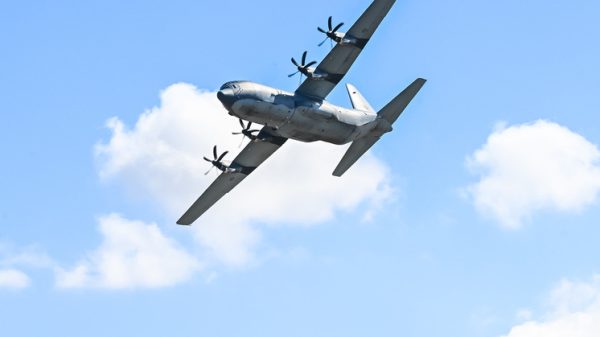

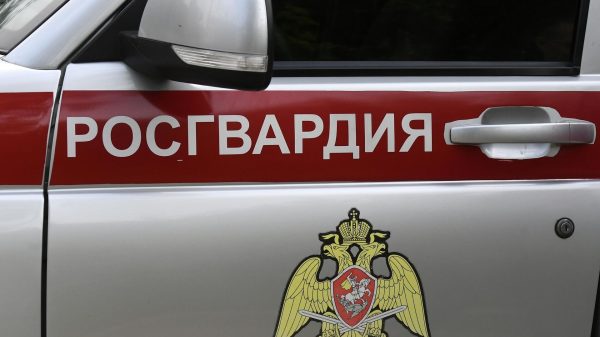




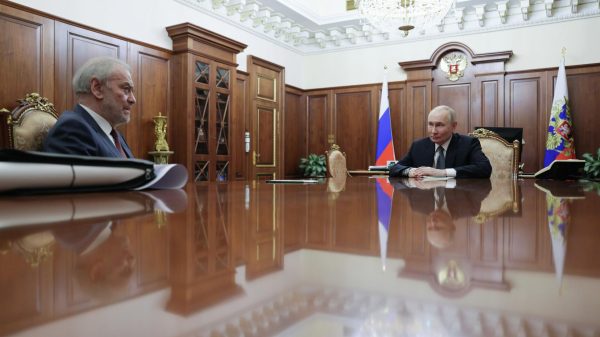


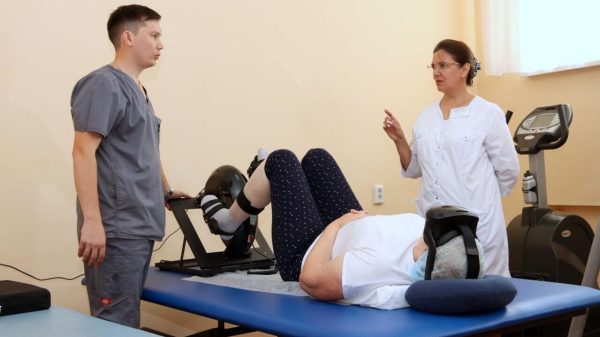

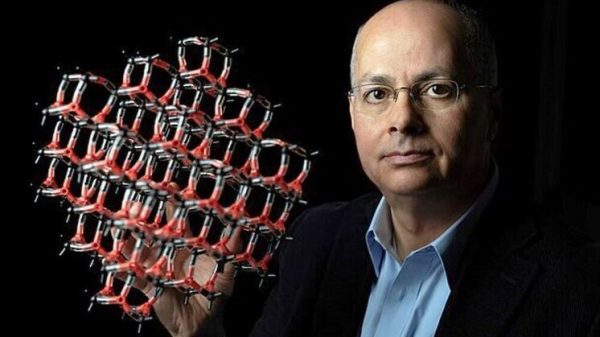
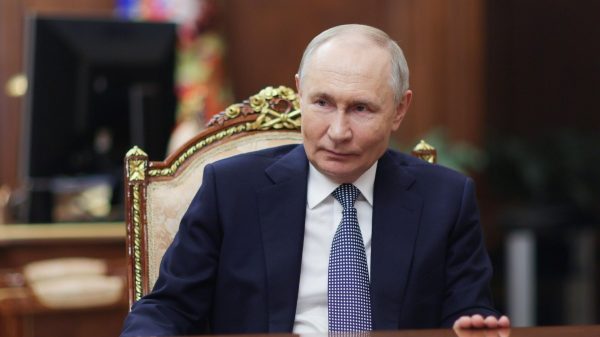






























Свежие комментарии